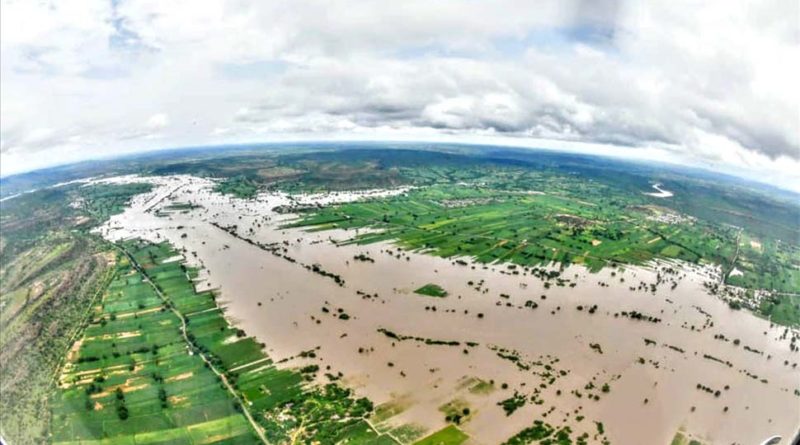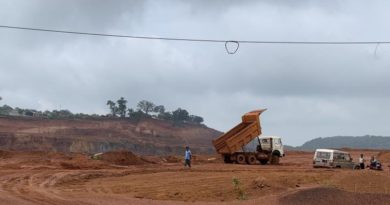The ‘Kerala Model’ is unsustainable
Pulapre Balakrishnan | thehindu.com
In 2018 Kerala was overwhelmed by an unprecedented natural event. Flooding combined with landslides caused many deaths. Floods were not new to Kerala, which receives high rainfall. What was new compared to the times of equally high rainfall in the early part of the last century was the flooding due to inept dam management and the vulnerability of the terrain induced by the pattern of land use. In 2019 we have seen some of this repeated. This year it is the landslides that have caused most deaths. They are a relatively recent phenomenon, pointing to the role of uncontrolled economic expansion.
Man-made factors leading to devastation point to the unsustainability of the so-called ‘Kerala Model’, a term used to describe the economic policy underpinning the State’s recent growth and development history. Lauded for the high human development indicators it is believed to have bestowed upon the State, this construct contributed to a self-congratulatory discourse within the power elite. Based on the pertinent observation of Amartya Sen that the State seemed to have attained high social development at a relatively low level of income by comparison to the rest of India, it was soon appropriated by the political class including artists and intellectuals who collaborate with state power. Any lack of enthusiasm was greeted with intolerance, similar to what ultra-nationalists display today when challenged on their claims about India.
Many failures
Criticism of the Kerala Model has been based on its several failures. The foremost is the inability to meet the employment aspirations of the people, pushing them to live under authoritarian regimes overseas. Second, the laudable public provision of health and education has been financed by borrowing. Kerala has the highest per capita public debt among States, implying that we are passing on the bill for our own maintenance to future generations. Finally, Kerala has not done so well when viewed through the lens of gender justice. High levels of female education have not led to an equally high participation of women in the labour force or in governance, even though they participate equally in elections.
Two consecutive years of a natural calamity exacerbated by human action are a revelation that the Kerala Model has run its course. The extraordinary events that we have witnessed this year range from fountains sprouting out of the earth due to the hitherto unknown ‘water piping’ to constructed structures shifting, physical phenomena not yet widely understood. There has been overbuilding in Kerala, with absentee owners having invested in luxury houses they do not always occupy. As a result poorer households are crowded out of safe locations on the plains to precarious ones on the hills.
Relaxing rules
Public policy has failed miserably to regulate land use including rampant quarrying, which destabilises the earth’s surface, with political patronage. Truth is that public policy is part of the problem. The floodgates were opened in 2015 when the Congress party did away with environmental clearance for quarries in existence for three years. Then in 2017 the Pinarayi Vijayan government relaxed the rules for quarrying further. It also weakened the provisions of the legislation governing conversion of agricultural land into construction sites. The rice paddies had both produced food and served as gargantuan sinks for rainwater. Kerala’s principal political parties, irrespective of their ideologies, have responded to commercial interests over the welfare of ordinary people.
To come out of this morass the people of Kerala would have to rely on themselves. They need to acknowledge that their consumption pattern must change as it has adversely impacted the natural environment, the consequences of which have begun to hurt them. In this task they are unlikely to be guided by the State’s politicians and intellectuals who led them into this cul-de-sac in the first place.
Pulapre Balakrishnan is Professor, Ashoka University, Sonipat and Senior Fellow, IIM Kozhikode




